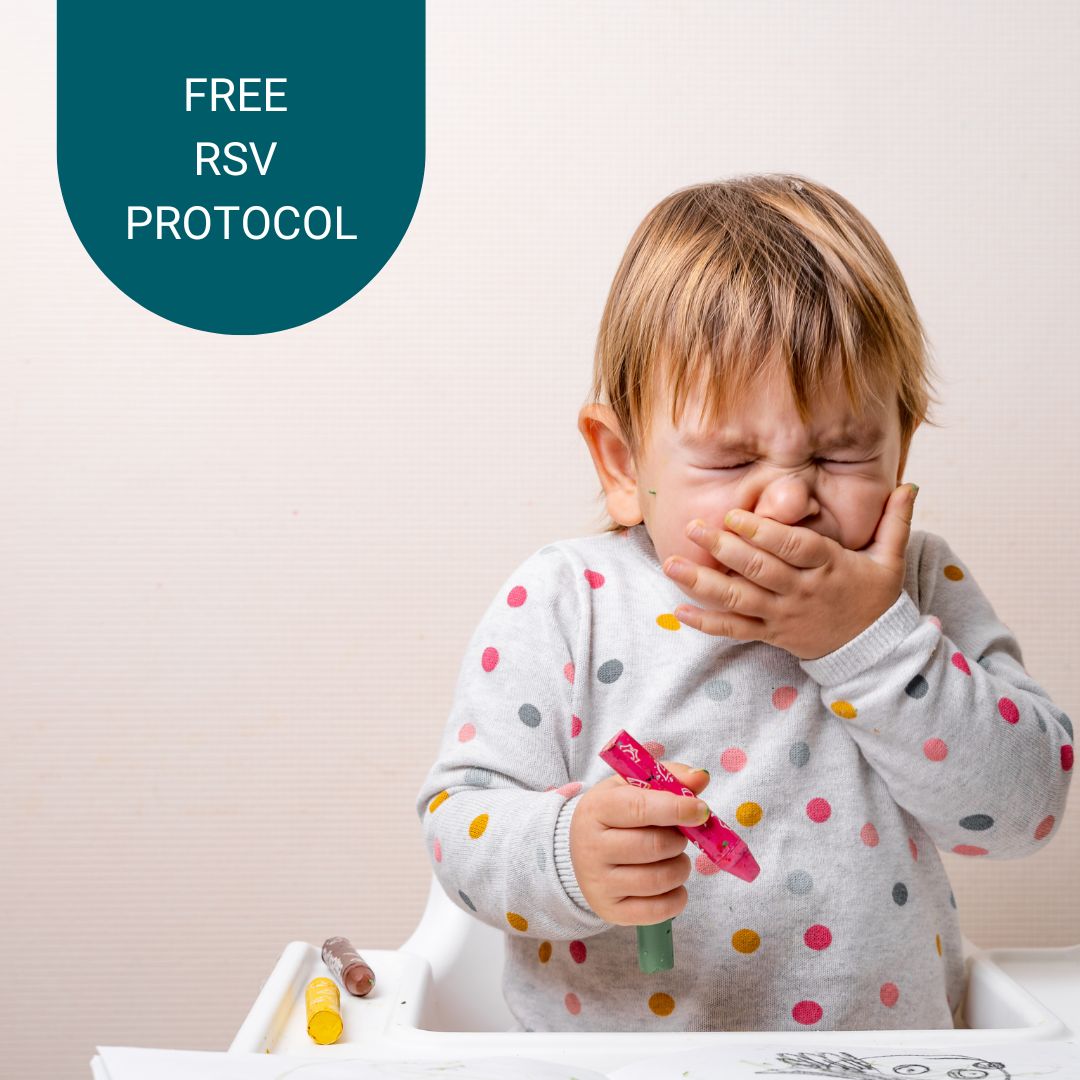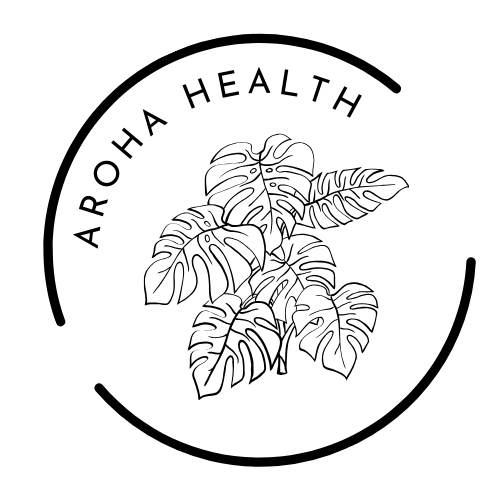
RSV Protocol - A homeopathic approach to treating rsv
Share
Respiratory Syncytial Virus (RSV) has been making headlines across Australia over the last couple of years as case numbers have surged in kids under the age of 5, nationwide.
A lot more families are seeking out natural or holistic options for supporting their kids through RSV, as conventional treatments tend to be limited to monitoring, fluids, and hospitalisation in really severe cases.
Homeopathy is a gentle and effective way of supporting people of all ages and backgrounds. It can be used in isolation or alongside medical intervention to support the innate healing capacity in our bodies.
What is RSV?
RSV is a common respiratory virus that causes cold-like symptoms but can lead to more concerning conditions like bronchiolitis and pneumonia in infants and young children. It's highly contagious and tends to spike during cooler months.
RSV symptoms may include:
Runny nose
Cough and wheezing
Fever
Rapid or difficult breathing
Fatigue and poor feeding in infants
Most children recover in 1–2 weeks, but the discomfort can be distressing—for both child and parent.
How can homeopathy help RSV?
Homeopathy doesn't treat RSV as a diagnosis but instead, we use homeopathy to address the unique symptom picture your child is experiencing. When we select the correct remedy, homeopathy can help the body recover from RSV naturally.
Here's how we use homeopathy to support RSV in our North Brisbane clinic:
Aconite: for a dry cough with sudden onset after exposure to dry, cold wind. Often helpful at the onset of illness.
Ant tart: noisy, rattling, wheezy cough with copious mucous that cannot be expectorated. Very spasmodic cough, often cant catch their breath.
Belladonna: dry, barking, repetitive, flushed face, dislikes being uncovered. Often has a fast onset and with a fever. High grade fever with flushed cheeks.
Bryonia: difficult breathing, pain on coughing, dry throat, worse moving. Often very painful to cough, patient might hold their chest when they cough or cry out in pain.
Drosera: spasmodic cough, hard hacking cough, can often vomit at the end of coughing fit.
Ferrum phos: short, acute, painful cough with no expectoration. Often good at the onset of illness.
Ipecac: incessant, wheezing, choking cough with nausea. Can feel like they are running out of breath.
Kali mur: hoarse, rattly cough. Mucous thick, white & difficult to expectorate. Good for drying up mucous at the end.
Hepar sulph: Hoarse, thick yellow mucous, rattling cough.
Nat mur: mucous excessive, clear, watery & salty to taste.
Phosphorus: hard, dry, tight, racking cough. There can be a wheeze with Phosphorus cough.
Pulsatilla: loose cough with thick bland yellow/. Green mucous by day. Cough dry at night. Very winey and emotional
Spongia: dry, rasping, barking cough like a seal, wheezing, suffocative. Can notice they start coughing on going to bed.
Supplements to support RSV:
Supplements can be used to support the immune system and mount a stronger healing defence against RSV.
Here's the list of supplements we recommend in clinic for RSV cases:
- Zinc
- Sodium Ascorbate
- Probiotics like MultiGen
- Olive leaf
- Echinacea (exclusively available in our Surviving School & Day Care Pack)
-
Quercetin
Supportive Tips for RSV:
Alongside your chosen remedies, supplements and supportive interventions, remember:
Keep your child well-hydrated with water, breastmilk, or electrolyte drinks
Use a humidifier or steamy bathroom for relief
Elevate the child’s upper body for easier breathing during sleep
Offer plenty of rest and comfort
Watch for signs of distress or laboured breathing and seek urgent care if needed
